Publications
Articles, publications, books, tools and multimedia features from the U.S. Institute of Peace provide the latest news, analysis, research findings, practitioner guides and reports, all related to the conflict zones and issues that are at the center of the Institute’s work to prevent and reduce violent conflict.

Music, Poetry, Film: Shoring Up Identities for Peaceful Ends
A Somali master poet reconnects citizens to their government. A Lebanese filmmaker collects fighters' stories to dramatize the cost of war. Police in Northern Ireland adopt symbols of peace to signal a new ethos. In places simmering with long-standing social tensions and alienation, common cultural understandings can help ease hostility, suggesting a potentially powerful role for a mechanism still under-used in peacebuilding: the arts.
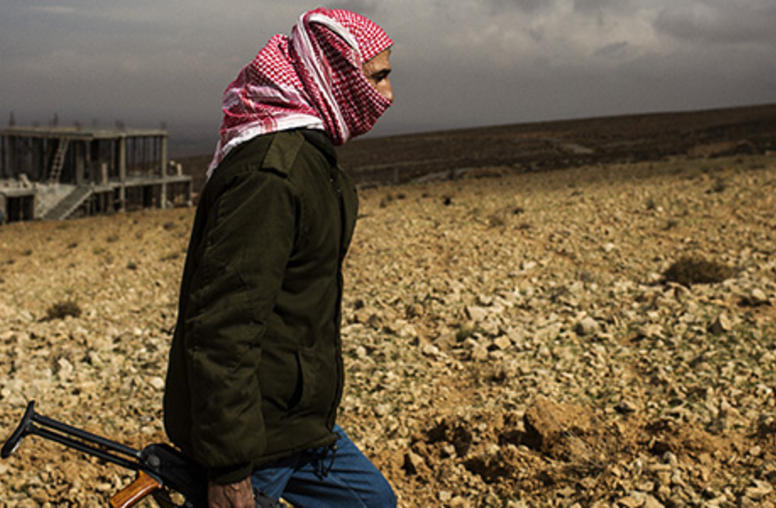
Islamic State and Related Attacks in Lebanon Demand Comprehensive Response
Attacks by militants in Lebanon backed by an Al-Qaida affiliate and the Islamic State have highlighted again the vulnerability of the country's armed forces to terrorist threats and the political establishment's failure to reach agreement on a military strategy to confront terrorism. The solution will require much more than addressing the shortcomings of the military. Political leaders must address the underlying factors that contribute to the ability of extremists to make inroads and recruit on Lebanese soil.
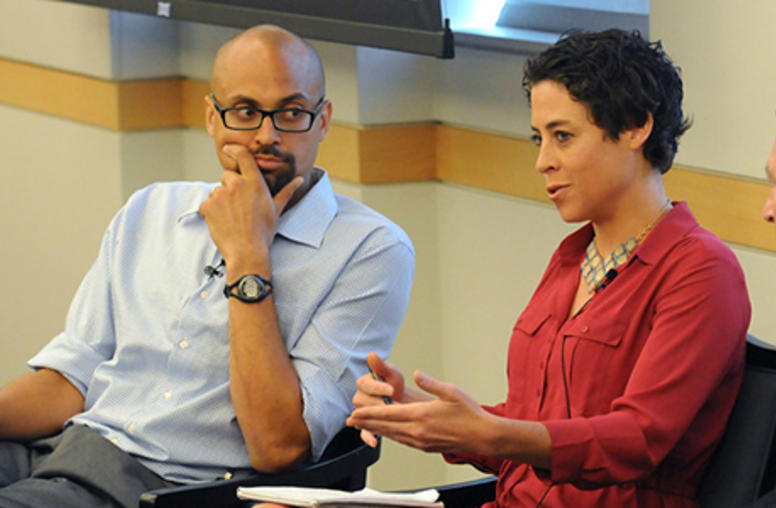
Music Plays Crucial Role in Non-Violent Civic Movements
In Libya’s 2011 uprising, protesters pumped loud music from radios or CD players in the streets in front of government buildings, then fled from the inevitable rush of security forces. The nonviolent early days of Egypt’s revolution that same year spawned a raft of new independent music groups. In Turkey, the “Song of Pots and Pans” exhorts political leaders to stop their lies and repressive tactics.
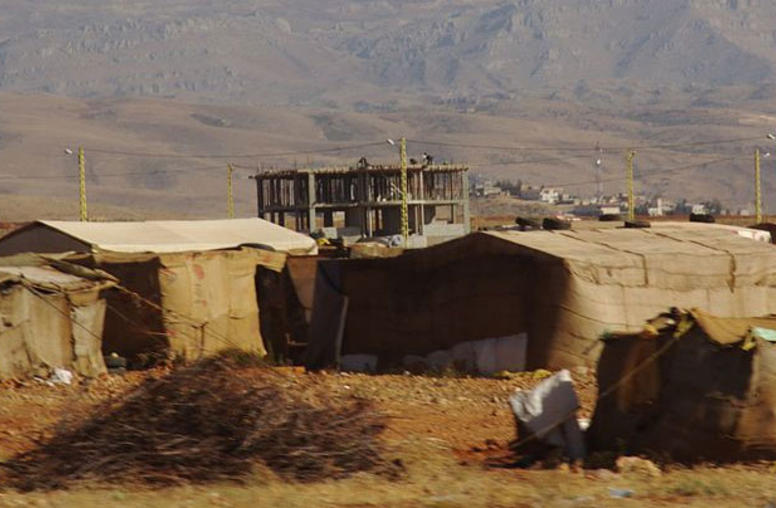
Q&A: Lebanese Presidential Elections
Lebanon’s parliament failed to elect a successor within the constitutional timeframe before President Michel Suleiman’s term expired on May 25. Elie Abouaoun, the director of Middle East programs for the U.S. Institute of Peace, explains the dynamics feeding the divisions, the ramifications of the vacancy and possible solutions.
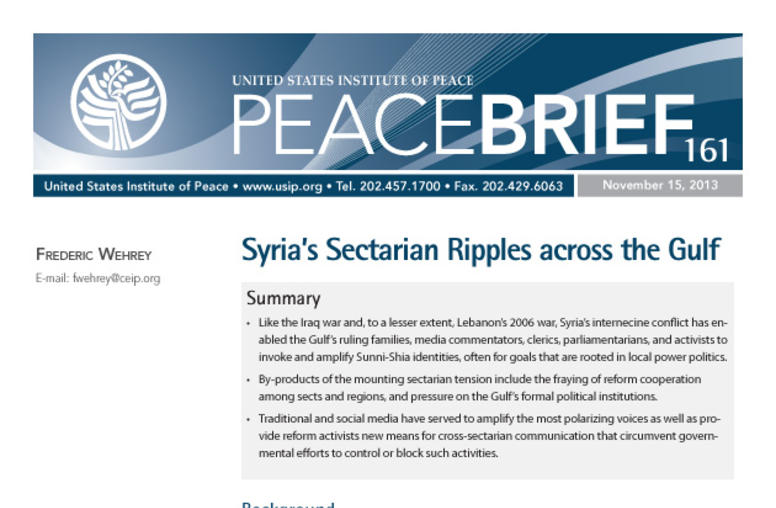
Syria’s Sectarian Ripples across the Gulf
This Peace Brief, one of a five-part series on sectarianism in the Middle East, reviews how the Syrian crisis has affected the Gulf Arab states.
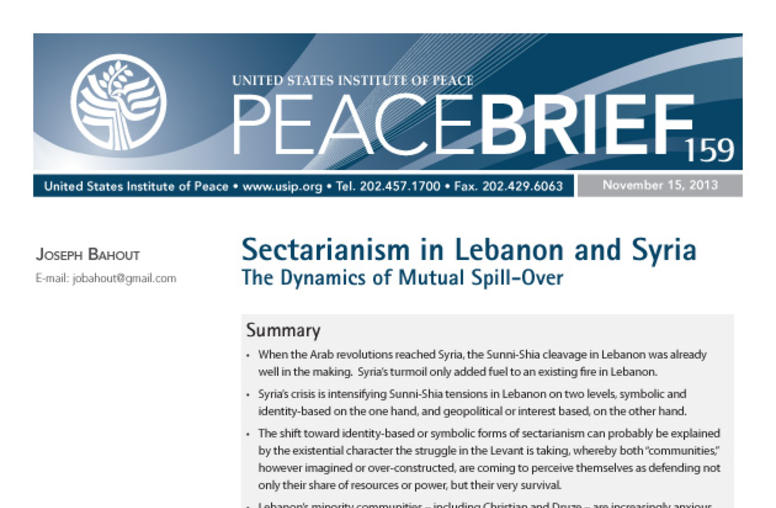
Sectarianism in Lebanon and Syria
The Peace Brief, “Sectarianism in Lebanon and Syria,” assesses how Syria’s crisis has influenced Lebanon’s sectarian and political dynamics. It is one of a five-part series about sectarianism in the Middle East.
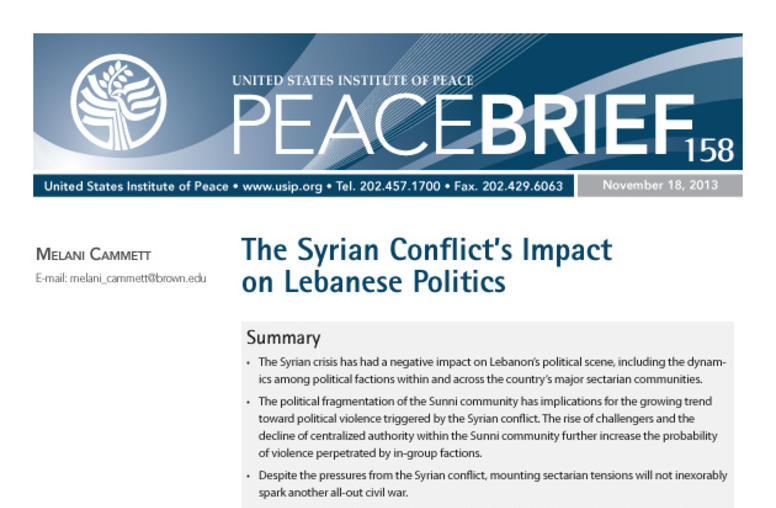
The Syrian Conflict’s Impact on Lebanese Politics
This Peace Brief, one of a five-part series on sectarianism in the Middle East, examines the impact of the Syrian conflict on Lebanon’s politics and political stability.
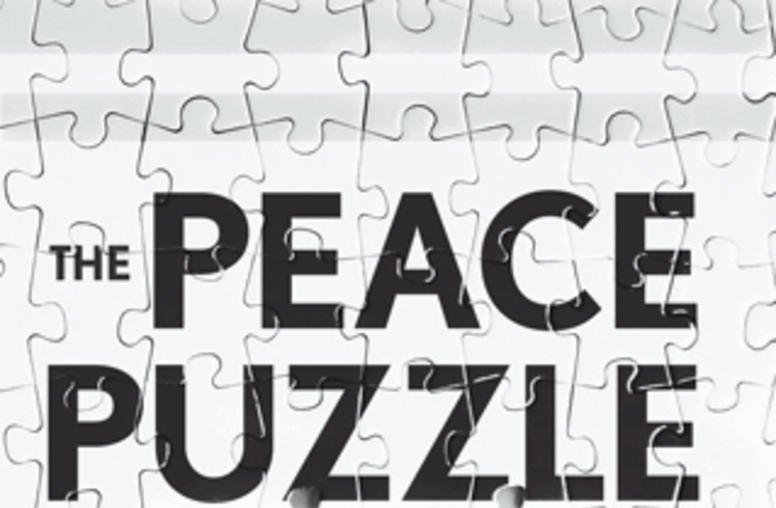
The Peace Puzzle: Appendices and Resources
The last 20 years of American efforts to resolve the Arab-Israeli conflict have seen many more failures than successes. The Peace Puzzle offers uniquely objective account of the American role in the post-Cold War era. In writing The Peace Puzzle, the members of USIP's Study Group on Arab-Israeli Peacemaking had broad access to key policymakers and official archives in their research process, making this book one of few that offers a comprehensive history from the Madrid Conference through the...
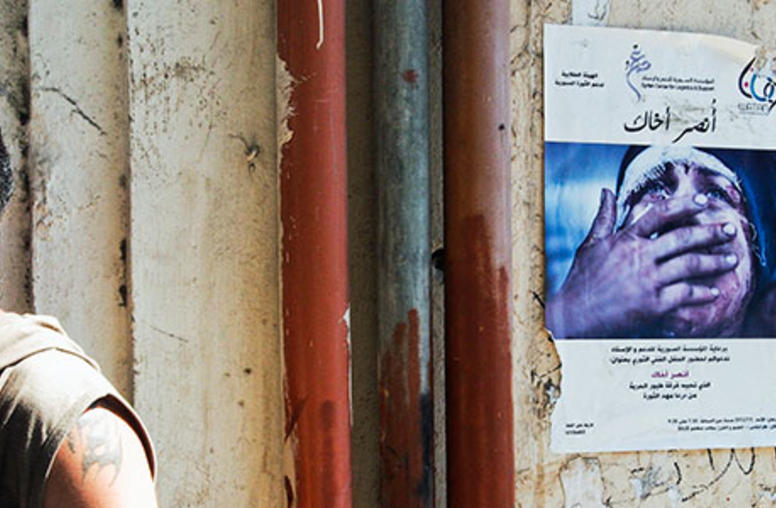
Syria Conflict Rattles Lebanon
Photo Credit: The New York Times/ Moises Saman
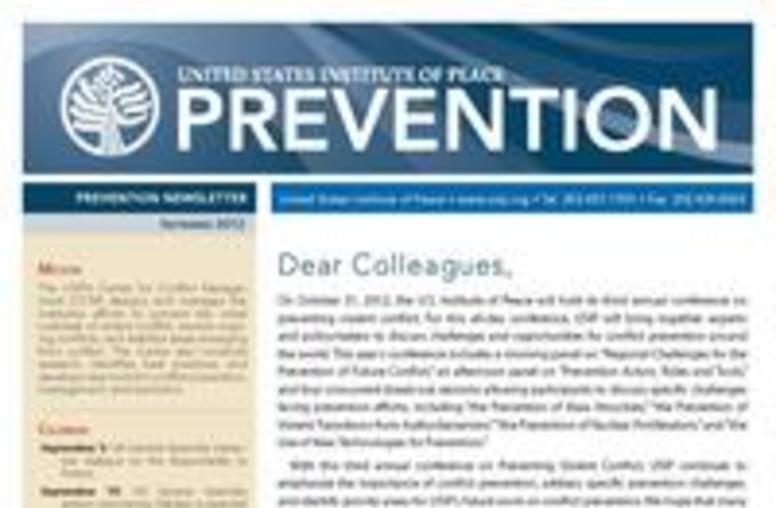
USIP Prevention Newsletter - September 2012
The September 2012 Prevention Newsletter features a spotlight on The Syrian Civil War: Threatening Lebanon's Fragile Stability: Syria's year-and-a-half long internal strife has not only challenged Lebanon with tens of thousands of refugees, gun battles on the border and kidnappings, but reignited tensions along Lebanon's own sectarian fault lines.